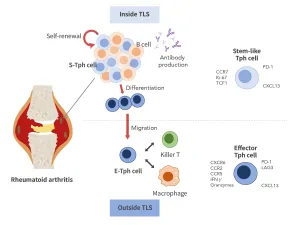Navigating the Landscape of Misinformation
In recent times, the spread of inaccurate information has become a significant concern across various aspects of society. From minor discrepancies to potentially harmful falsehoods, understanding how to identify and address misinformation is crucial.
Understanding the Different Facets of Misinformation
Misinformation can manifest in different forms, including:
- Inaccurate Data: This includes statistics or facts that are misrepresented or taken out of context.
- Misleading Claims: Statements that distort the truth to sway opinions or beliefs.
- Fabricated Stories: Completely false narratives presented as genuine news.
The Impact of False Information
The consequences of misinformation can be far-reaching, affecting:
- Public Health: False claims about medical treatments or health advice.
- Political Discourse: Misleading information that can influence elections and policy decisions.
- Social Harmony: Divisive narratives that can create conflict and distrust within communities.
How to Spot Misinformation
Here are some helpful strategies:
- Check the Source: Verify the credibility and reputation of the source providing the information.
- Cross-Reference: Compare the information with other reliable sources to check for consistency.
- Be Wary of Headlines: Sensational or overly emotional headlines can be a sign of misinformation.
- Look for Evidence: Reliable information is usually backed by evidence, data, or expert opinions.
Combating Misinformation
Several approaches can help counter the spread of false information:
- Media Literacy Education: Equipping individuals with the skills to critically evaluate information.
- Fact-Checking Initiatives: Organizations dedicated to verifying the accuracy of claims and statements.
- Social Media Responsibility: Platforms taking measures to flag and remove misinformation.
Final Words
In an era where information spreads rapidly, being vigilant and proactive in identifying and addressing misinformation is more important than ever. By staying informed and critically evaluating the information we encounter, we can collectively contribute to a more informed and truthful society.




+ There are no comments
Add yours